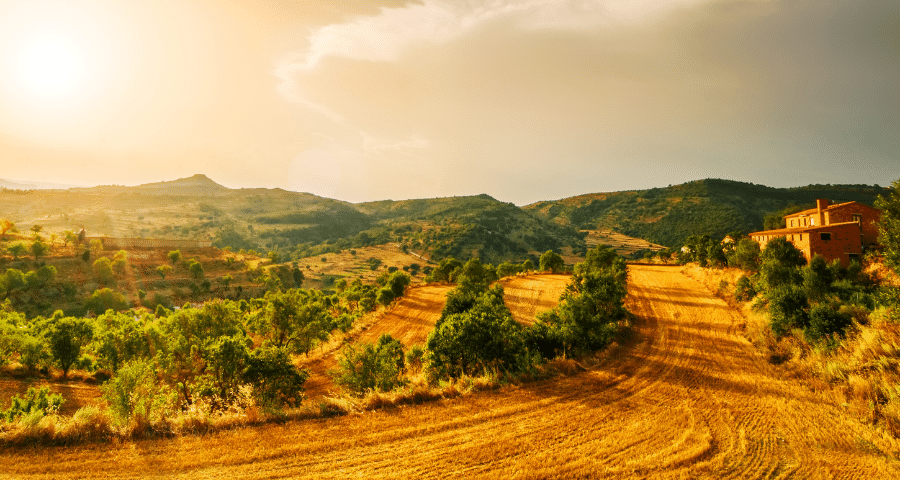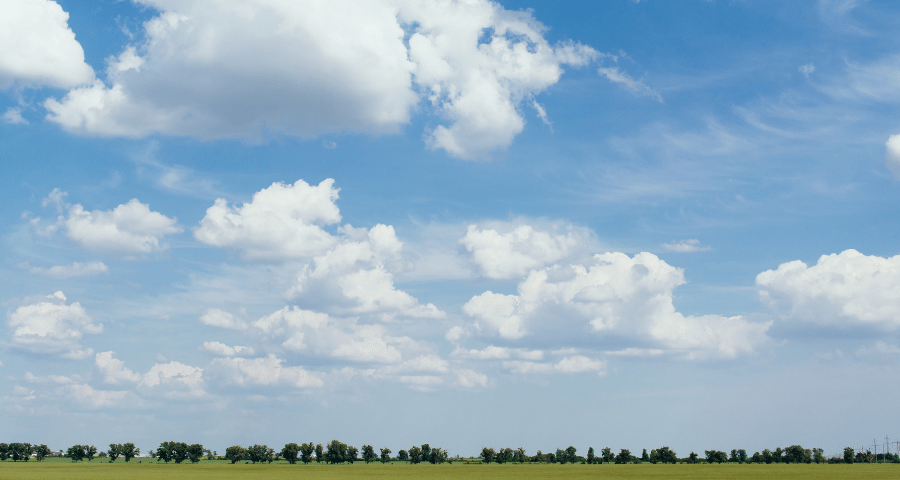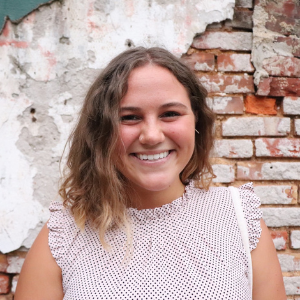Have you ever bought a piece of flat pack furniture thinking it was a simple project, only to get it home, open it up and find 10,000 random pieces and a very unhelpful instruction manual? And instead of being excited about your new dresser, you find yourself sitting (somewhat pathetically) amidst this awful circle of laser cut wood and dowels, wondering how you will ever make sense of this mess, nevermind build a functional dresser? But also wondering if there is any possible way the pieces are even meant for each other? Because that’s a little bit like how I feel as I consider my current studies and my career ahead.
But instead of a flat pack dresser, I am a 21-year-old trying to build a future that gives me purpose and helps tackle some of the biggest issues facing our world. I am a rising junior at Cornell University, studying International Agriculture and Rural Development. And this summer I’m providing student support to Nutrition Connect, helping with content generation and engagement. As I continue to learn, I am trying to wrap my head around how all the pieces of our food system fit together, so I can understand how to best tackle climate change, malnutrition and economic inequality by promoting and practicing regenerative agriculture, social justice and just land rights. Sometimes thinking about all these problems can be daunting, but the possible solutions leave me incredibly excited about the future.

A lot of this is relatively new to me. I grew up in the U.S., in a suburb outside of Philadelphia pretty disconnected from the source of my food. I knew, in theory, that my food at some point probably came from a farm. But what made more sense to my naive brain was that food came from the packages we bought it in at our budget grocery store. I did not understand the cultivation, work, and balance that farmwork requires to put food on the plates of so many. Nor did I understand the immense privilege of walking into a grocery store and being able to buy food at any given time.
It wasn’t until my gap year that I realized what the true capacity for regenerative agriculture and sustainable land use was. Since I was 18 and on a very tight budget, working in exchange for room and board seemed like a good option so I ended up as a volunteer farmer in Spain. Little did I know my cheap travel hack would go on to propel me into my studies, and eventually, my hopeful career. While I was living and working on small, regenerative organic farms I saw firsthand the potential agriculture has for good – socially, economically and environmentally. When done well, agriculture stimulates economic growth, land regeneration and community development. I was hooked. Then I began to learn more about all the bad ways we currently are practicing agriculture around the globe. Hence my current status of sitting amidst the flat pack dresser pieces, reading the manual so I can barrel on and build the darn thing.
Fixing the way we farm and the way we feed people is no small task. And while I have no idea which path I’ll take, I know that I am currently interested in circular food systems, regenerative agriculture and food justice. Food affects everyone. Food is foundational to human existence. Food systems, land rights and proper nutrition are all inextricably linked with racism, colonialism and widespread oppression. Food desserts and food apartheid affect the already systemically oppressed. Communities of colour are more likely than white communities to develop diseases that can be attributed to poor nutrition like diabetes and heart disease. Impoverished communities globally are more likely to experience the negative effects of climate change. Farmworkers around the world are subject to unethical and potentially harmful working conditions. An apple today is less nutrient dense than an apple from the 1970’s because of soil degradation from monocropping and widespread pesticide use. The issues go on, but I find hope in my studies, in the many innovations occurring and the encouraging people I continue to meet along the way, that we are and will continue to make progress fighting these inequities within our food systems.
I’m excited to share my thoughts and reflections throughout the summer. As a somewhat newbie in this space, my thoughts are constantly evolving, being challenged and taking on new shapes which is why it will be so fun to share them. I’m hoping to learn a lot as I go – not only about how the pieces fit together, but how we can all work together to make positive change. It can feel overwhelming looking at all these complex challenges, but I am optimistic that we are moving in the right direction. Eventually, the flat pack furniture will be built, but only if we all work together to assemble the pieces properly.

